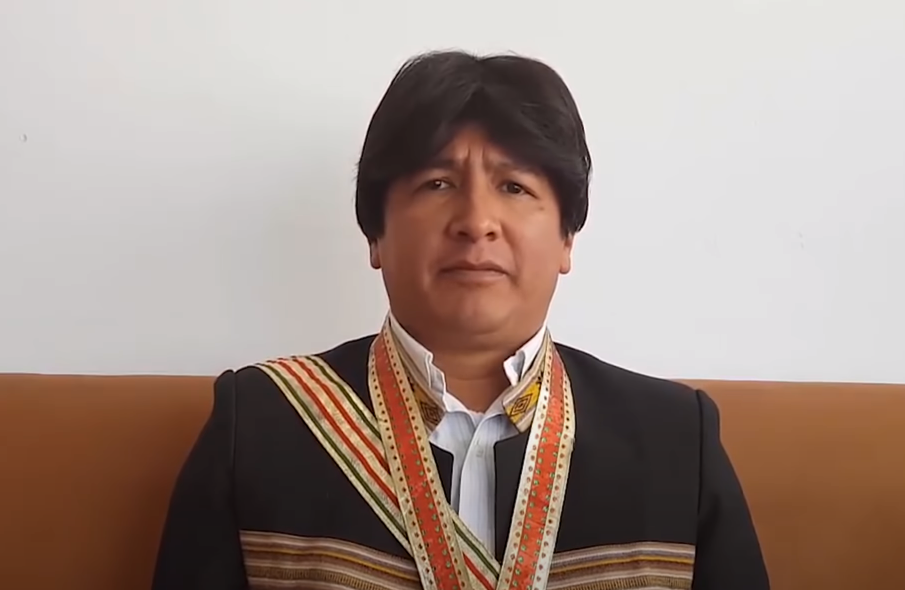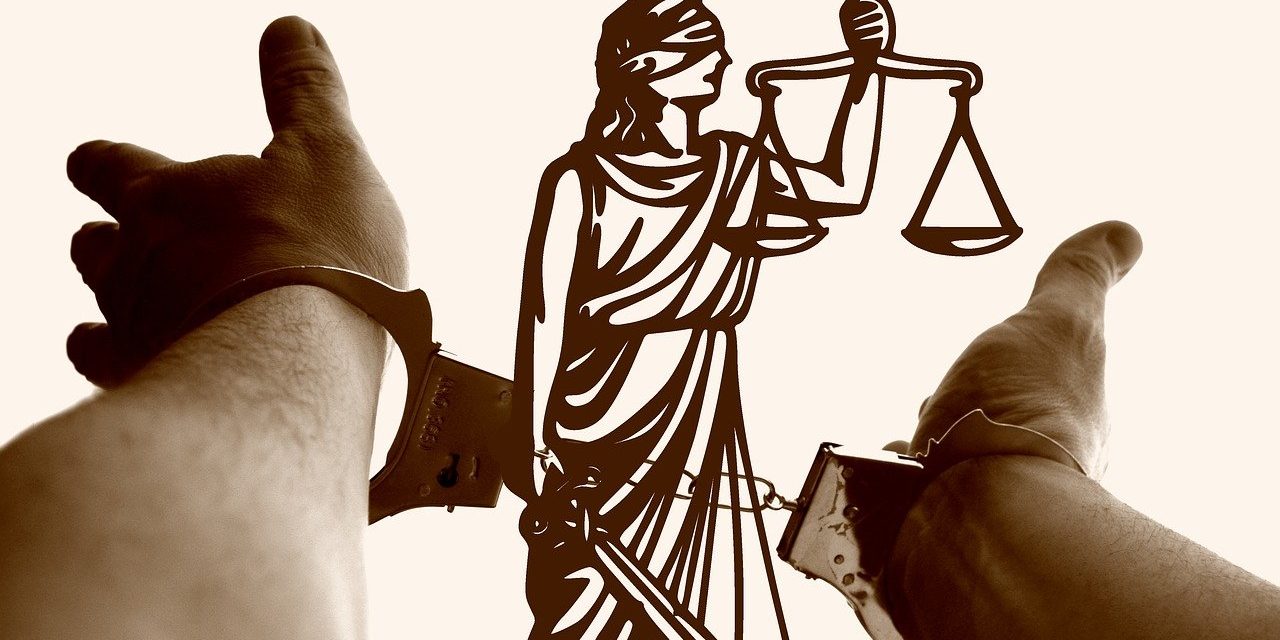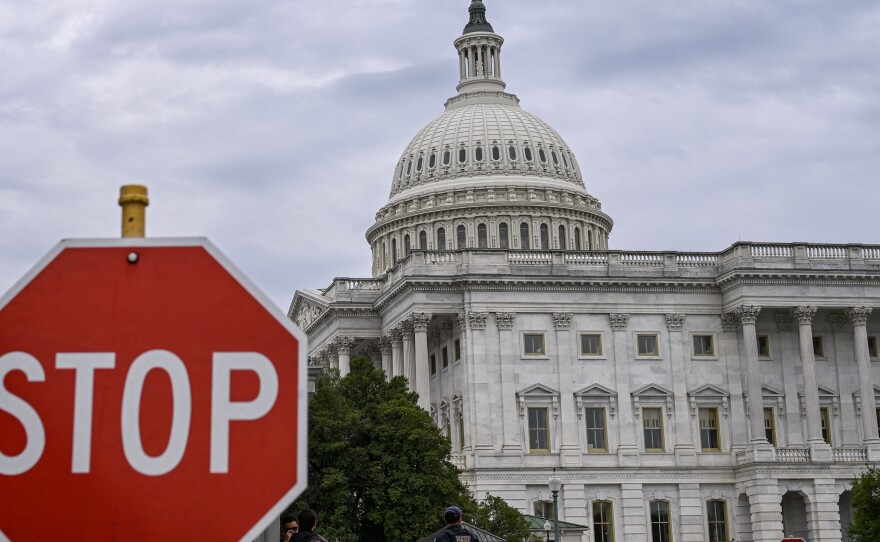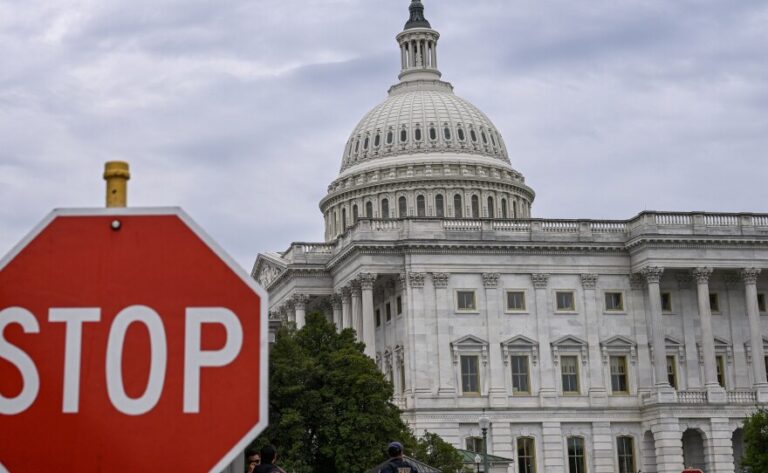Extradition is a complex and often controversial topic in international law. It involves the formal process by which one country requests the return of an individual from another country for the purpose of prosecution or punishment.
While many countries have established extradition treaties to facilitate this process, there are several countries that do not have such agreements in place.
In this article, we’ll get into the intricacies of extradition, explore the reasons why some countries lack these treaties, and highlight the implications for individuals seeking refuge in these nations.
The Basics About
Extradition is a cooperative law enforcement process between two countries. It’s a tool used to ensure that individuals who commit crimes cannot simply flee to another country to evade justice.
- The Basics of Extradition: As I read on report of World Population Review, extradition is a formal process where a person accused or convicted of a crime in one country, but who has fled to another, can be legally extracted from the second country and returned to the first. This process counteracts the tactic used by some individuals to evade arrest by crossing into a different country.
- The Role of Treaties: Extraditions between countries are typically governed by treaties. These treaties outline the specific offenses for which a person can be extradited. For instance, during the Vietnam era, the U.S. couldn’t extradite draft dodgers from Canada because draft evasion wasn’t an extraditable offense in their treaty.
Countries without Extradition Treaties
While many countries have established extradition treaties, there are several that do not have such agreements, making them potential havens for those seeking to evade the law.
- The U.S. Perspective: U.S. has extradition treaties with 109 countries worldwide since 2001. However, it lacks such treaties with countries like China, meaning a person suspected of a crime in the U.S. who flees to China cannot be forced to return.
10. Russia
Reason: Russia and the U.S. have had a complex relationship for decades, marked by political tensions and differing ideologies. The absence of an extradition treaty is a reflection of these strained relations.
Analysis: I’ve observed that even when individuals sought by the U.S. find refuge in Russia, it’s not solely due to the lack of an extradition treaty. Geopolitical considerations play a significant role. As BBC says the case of Edward Snowden is a prime example. While Russia had proposed an extradition treaty with the U.S., it was never formalized. Snowden’s asylum in Russia was as much a political statement as it was a legal decision.
9. Zimbabwe

Reason: Zimbabwe’s relations with Western countries, including the U.S., have been tense due to issues related to human rights, governance, and political repression.
Analysis: From my readings, Zimbabwe’s decision not to have an extradition treaty with the U.S. can be seen as a way to maintain sovereignty and resist Western influence, especially given the history of sanctions and criticisms from the U.S.
8. Venezuela
Reason: Political differences and tensions between the U.S. and Venezuela, especially during the leadership of Hugo Chavez and Nicolás Maduro, have prevented the establishment of an extradition treaty.
Analysis: In the report of Federation Of American Scientis Venezuela’s anti-U.S. stance has been evident in its foreign policy and diplomatic decisions. The lack of an extradition treaty can be seen as a manifestation of this stance. I’ve noticed that Venezuela has often been critical of U.S. foreign policies, which further complicates any potential cooperation.
7. Switzerland

Reason: Switzerland is known for its strict privacy laws and neutrality. While it does cooperate with international law enforcement, it prioritizes the protection of individual rights.
Analysis: In my research, from GOV I’ve found that Switzerland’s lack of a treaty with the U.S. is not necessarily a sign of strained relations but rather a reflection of its commitment to neutrality and individual rights. However, Switzerland does cooperate on a case-by-case basis.
6. Iceland
Reason: Iceland places a strong emphasis on human rights and has been hesitant to extradite individuals who might face the death penalty or unfair trials in the requesting country.
Analysis: From what I’ve gathered, Iceland’s reluctance to have an extradition treaty with the U.S. stems from its commitment to human rights. The country has often been vocal about its concerns regarding the U.S. justice system, especially the use of the death penalty.
5. Nicaragua
Reason: JSTOR says that political differences and historical tensions between the U.S. and Nicaragua, especially during the Sandinista era, have influenced their diplomatic relations.
Analysis: Nicaragua’s turbulent history with the U.S., especially during the 1980s, has left a lasting impact on their relations. I’ve read that the lack of an treaty can be seen as a residue of these historical tensions.
4. Bolivia

Reason: Bolivia’s leftist political stance, especially under leaders like Evo Morales, has often been at odds with U.S. policies in Latin America, according to article from Guardian.
Analysis: Bolivia’s decision to not have an extradition treaty with the U.S. is rooted in its political ideologies and resistance to U.S. influence in the region. From my studies, Bolivia has often criticized U.S. interventions in Latin America.
3. Cuba
Reason: The U.S. and Cuba have had a historically contentious relationship, marked by the Cold War, the Cuban Missile Crisis, and the U.S. embargo.
Analysis: From research fo History.com I found that Cuba’s lack of an treaty with the U.S. is a reflection of decades of political tensions. I’ve observed that even with recent attempts to normalize relations, deep-seated mistrust remains.
2. Ecuador
Reason: Ecuador has often positioned itself as a defender of human rights and has been critical of U.S. foreign policies.
Analysis: Ecuador’s decision to grant asylum to individuals like Julian Assange showcases its willingness to challenge U.S. requests. From my perspective, Ecuador uses such decisions to assert its sovereignty and challenge U.S. dominance.
1. China
Reason: Geopolitical rivalries and differing political systems have kept China and the U.S. at odds on many fronts, including legal cooperation.
Analysis: As I read on CFL report China’s lack of treaty with the U.S. is a reflection of broader geopolitical tensions. I’ve noted that issues like trade, technology, and human rights often overshadow potential areas of cooperation like extradition.
10 More Mentions
- Afghanistan
- Belarus
- Iran
- Laos
- Libya
- Mongolia
- Montenegro
- Nepal
- Qatar
- Yemen
Notable Cases of Non-Extradition
Over the years, several high-profile cases have brought the issue of extradition into the limelight, highlighting the complexities and geopolitical implications of the process.
Edward Snowden’s Case

One of the most well-known stories surrounding extradition is that of U.S. whistleblower Edward Snowden. According to the World Population Review, after leaking classified information from the NSA in 2013, Snowden first flew to Hong Kong and then to Russia.Russia had proposed an extradition treaty with the U.S., but it was never agreed upon. Snowden was eventually granted asylum in Russia, where he continues to live.
Julian Assange:
Case: Accorindg to Al Jazeera The founder of WikiLeaks, Julian Assange, became internationally known for publishing classified U.S. military and diplomatic documents. Facing potential extradition to the U.S. from the UK, Assange sought asylum in the Ecuadorian embassy in London in 2012.
Analysis: Assange’s case became a global sensation, highlighting the complexities of international law, asylum, and extradition. His stay in the embassy lasted for seven years until his arrest in 2019. The case underscored Ecuador’s willingness, at least for a time, to defy international norms and U.S. pressure.
Roman Polanski:
Case: As AP News says the renowned film director was arrested in the U.S. in 1977 on charges related to the sexual assault of a minor. After pleading guilty and serving some time in jail, Polanski fled to France before his sentencing.
Analysis: Polanski’s case is a prime example of how fame, international relations, and extradition laws can intersect. France, which does not extradite its citizens and where Polanski holds citizenship, has repeatedly refused U.S. requests for his extradition.
Mehul Choksi:
Case: The Indian businessman, involved in a massive banking scam in India, fled the country and took citizenship in Antigua and Barbuda, a country without treaty with India.
Analysis: Choksi’s case highlights how individuals can strategically choose countries without treaties to evade legal consequences. The case has caused diplomatic tensions between India and Antigua and Barbuda, says the Indian government.
Frequently Asked Questions
What is the difference between extradition and deportation?
Extradition is a formal process where one country requests another to return an individual for prosecution or punishment. Deportation, on the other hand, is the removal of an individual from a country due to their immigration status or other legal reasons.
Can an individual fight an extradition request?
Yes, individuals can contest extradition requests. The grounds for contesting can vary, including potential human rights violations, the political nature of the crime, or concerns about the requesting country’s legal system.
Are there global organizations overseeing processes?
While there isn’t a single global body overseeing all extraditions, organizations like Interpol can issue Red Notices, which are requests to locate and provisionally arrest an individual pending extradition.
How long can the process take?
The duration can vary widely based on the countries involved, the complexity of the case, and the individual’s willingness to contest the request. It can range from a few months to several years.
Does the absence of an extradition treaty mean a person is safe from being returned?
Not necessarily. Countries without formal treaties can still cooperate on a case-by-case basis or use other legal mechanisms to return individuals.
Conclusion
The landscape of international extradition is vast and varied. While many countries cooperate to ensure that criminals face justice, the absence of treaties with certain nations and geopolitical considerations can complicate matters.
For individuals seeking refuge, understanding the intricacies of extradition treaties and the stance of different countries can be crucial. As the world becomes more interconnected, the importance of these treaties and the challenges surrounding them will only continue to grow.
References
- World Population Review – Extradition Laws by Country
- A comprehensive overview of countries’ extradition laws, highlighting nations without formal extradition agreements.
- BBC – Snowden’s Russian Asylum
- A detailed account of Edward Snowden’s journey to Russia and the political implications of his asylum.
- Federation Of American Scientists – Venezuela-U.S. Relations
- An analysis of the diplomatic and political relationship between Venezuela and the U.S., with a focus on extradition issues.
- GOV.UK – Switzerland’s Extradition Laws
- A guide on Switzerland’s extradition processes, emphasizing its commitment to neutrality and individual rights.
- JSTOR – Nicaragua and U.S. Relations
- A historical review of the diplomatic relations between Nicaragua and the U.S., particularly during the Sandinista era.
- History.com – U.S.-Cuba Relations
- A historical timeline detailing the tumultuous relationship between the U.S. and Cuba, from the Cold War era to recent times.
- Council on Foreign Relations (CFR) – China-U.S. Relations
- An in-depth analysis of the geopolitical and economic dynamics between China and the U.S., highlighting areas of cooperation and contention.
- Al Jazeera – Julian Assange’s Asylum
- A report on Julian Assange’s asylum in the Ecuadorian embassy in London and the international reactions to his arrest.













